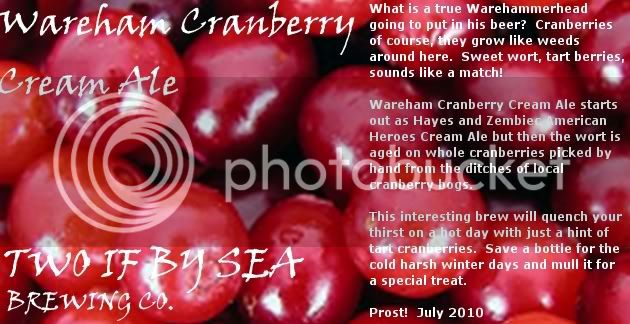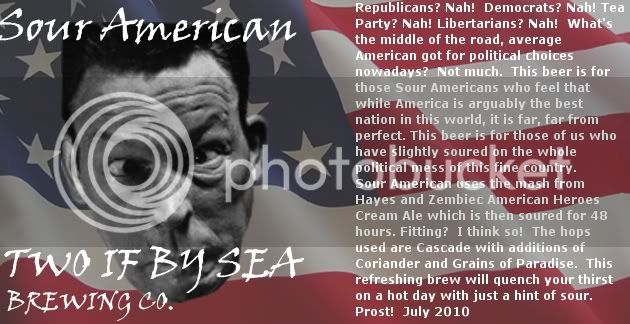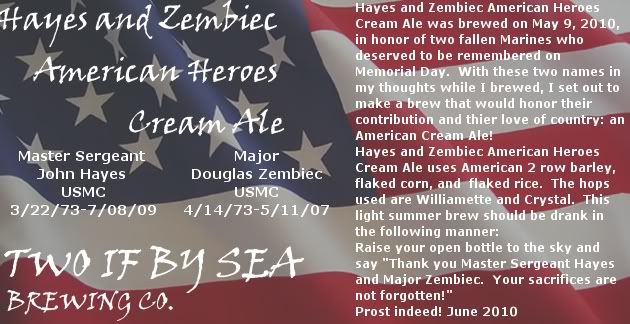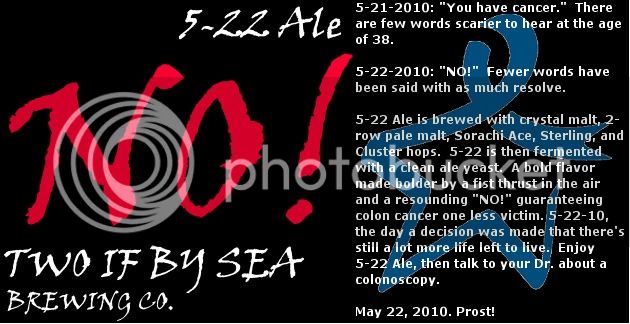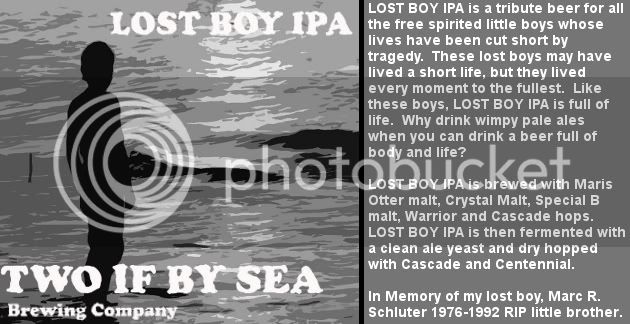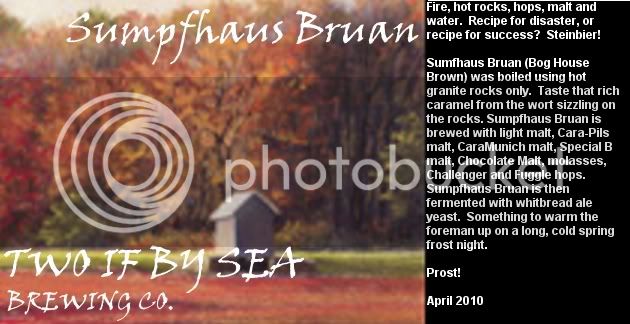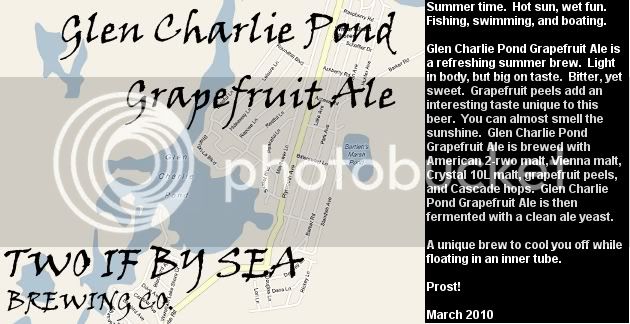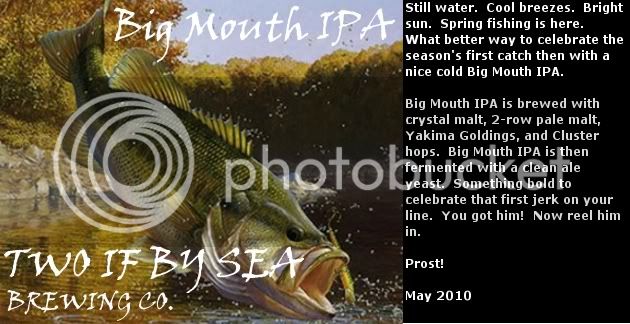So are you saying you do a decoction and carmelize on DrSmurto's ESB? I've been looking for a really good ESB, heard to find surprisingly.
Well no, now I just use his recipe's hops layout, that's the recipe I started with though. I'm getting a beer in the style of the recipe with just the base malt (Fawcett's GP), so decoction and caramelising has largely replaced everything else. I won't say completely replaced because it is actually different to the recipe and just happens to suit my tastes.
BTW, Dr S mentioned recently that he now prefers a 3% Caraaroma + MO
recipe instead with more of the late hops (Styrian Goldings to 2g/L). I had come to much the same conclusion myself, quite independently I might add, while I nearly fell off my chair when he mentioned it. :blink:
Is decoction/carmalizing a substitute for using a body grain in a recipe? I am looking at an Aventinus clone that uses 1.63 lbs. CaraMunich 40, would I omit that and up the base malts with equivalent ppg?
I'm not familiar with the Aventinus stable at all so it is hard to say but there may be characteristics in them which neither of those processes provide. About all I can suggest is to try two batches, one by the standard recipe, one just decocted base malt. I'd guess the caramelised wort wouldn't be needed, that's something peculiar to the Landlord (and a few other ESBs), but by all means try it for a different twist.
To answer your questions though, in my case I've been able to substitute spec malts in a recipe with these two processes to my own satisfaction, I can't say that it would work across the board, particularly considering the range of spec malts we have at our disposal. The results are different and I just think of them as additional techniques to manipulate the flavour profile, with or without spec malts. And yes, just omit the Caramunich and up the base malt quantity proportionally if you do try it.
Other factors such as mash temperature can have some profound effects too, I'm tending toward lower temps ATM as TTL is a fairly dry beer and that's also what I prefer, but you could also mash higher for increased body as well.
Good luck and happy new year!





